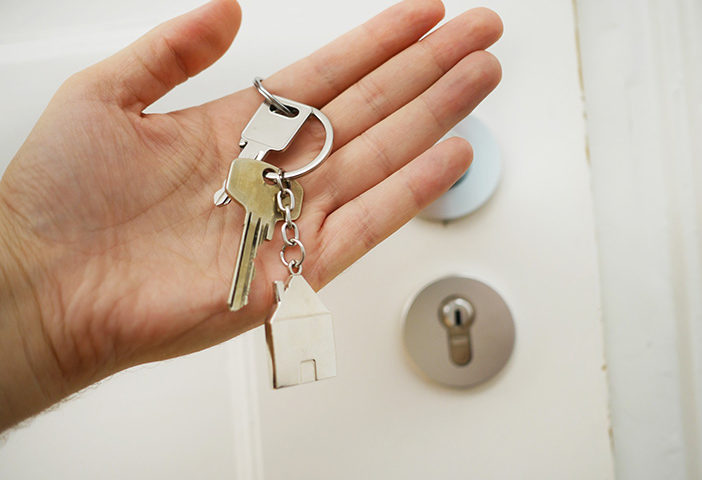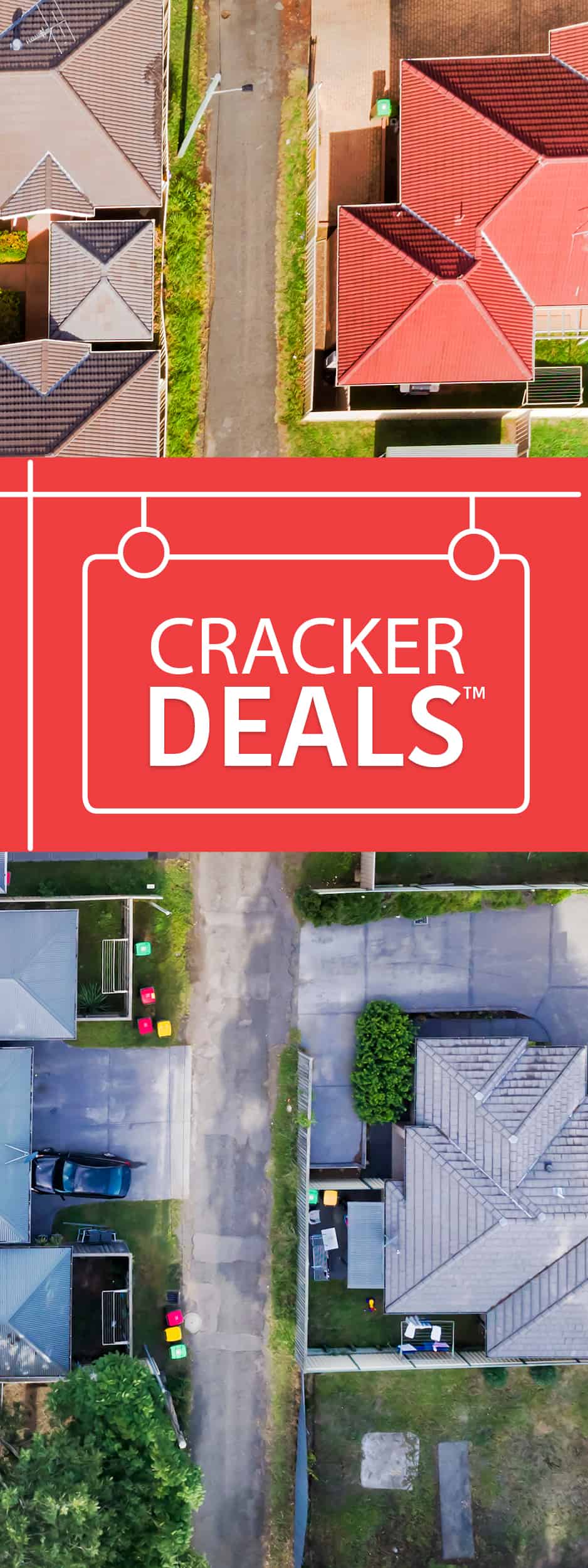- The first step is making the call.
- 1300 022 482
- hello@searchpartyproperty.com.au
Strategies for making a Pre-Auction Offer

While auctions are extremely popular with sellers, they are generally less appealing to buyers. This is largely because they are primarily designed to get the best possible result for the vendor. And they do this by pitting buyers against each other and hoping they get swept up in the sense of competition.
The good news is, if you find a place you love, you can buy it before the scheduled auction date. This means that you can secure the property you want without all the stress and anxiety. You just need to get in early with a strong pre-auction offer.
Here we look at how pre-auction offers work and when you might consider making one. We also explore the process of putting in a pre-auction offer and share our tips on maximising your chances of success.
What to consider when putting in a pre-auction offer
In some situations, a pre-auction offer may not be the best course of action. As such, before preparing your offer, there are a few things you should consider. Specifically, you should look into:
- The current state of the market: In a hot market, you are likely to see a lot of competition at the auction. As such, a successful pre-auction offer could really work in your favour. However, if the market is slower and there is likely to be less competition for the property, it could be better to go to auction.
- How the property is priced: Some prices are listed for well under what they are likely to get at auction. This creates an opportunity to put in a strong pre-auction offer that will likely be very attractive to the vendor. It should also mean you can come in over the quoted range without overspending on the property.
- What the agent is like: Some agents will use a pre-auction offer to shop around potential buyers and drum up interest. This often ends in a virtual auction, where you basically bid on the property through the agent. In this instance, it may be better just to wait until the scheduled auction.
Make sure you do your research
As with any property purchase, the first thing you should do when considering a pre-auction offer is to study the market. As part of this, you should check recent sales within the area and the local auction clearance rate. These factors will likely influence the seller’s expectations and the advice the agent gives them.
Based on your research, you should also be able to get a good sense of what the property is worth. This can help inform your offer, which should be based on the current market value and the seller’s expectations. Importantly, it can also help you avoid going too hard with your offer and overspending on the property.
It is also worth asking the agent about why the vendor is selling and what they realistically want to achieve. This will help you work out if there is anything else you can do to further sweeten the deal.It should also give you a sense of how the agent works and what the negotiation process could be like.
Choose your timing carefully
When you make your offer can impact how likely the vendor is to accept it. However, there are several differing views on exactly when you should submit it to have the best chance of success.
Some experts believe it is best to get in early and try to capitalise on a motivated seller. They say the further into a sales campaign you get, the more likely it is the vendor will go to auction. They also note that leaving your offer to later gives the seller a clearer sense of the potential market interest.
Other experts suggest that waiting until the middle weeks of the sales campaign is better. They believe that early on, the seller will probably want to wait to see the interest in the property. They also say that a few weeks of inspections will help the seller set more realistic expectations.
The one thing most experts agree on is that offers should be made before the last week of the sales campaign. At this point, the majority of sellers will be wedded to the idea of going through with the auction.
Make a strong move
While it is still possible to get a great deal pre-auction, it is not the time for low ball offers. At this time, you need to capture the seller’s attention and inspire them to consider selling early. This will usually take an offer that is in line with, or slightly above, the predicted market value.
As such, your first offer should be at the upper end of your planned auction bid range. While you do want to allow yourself some room for negotiation, the number you lead with should be eye-catching.
It is also worth remembering that walking away from pre-auction negotiations does not necessarily mean walking away from the property.If the seller tried to push the price beyond your range, it could be worth waiting for the auction. In fact, this could work out better for you, particularly if there is limited interest in the property.
Tailor the terms of your offer
Putting in an offer pre-auction allows you to propose sale terms that work for both you and the seller.And while your proposed purchase price is an important part of your offer, it is not the only part.Other factors –like the size of the deposit and the settlement terms– can also influence a seller’s decision.
As such, it is worth being flexible on the terms of your offer and adjusting them to suit the seller. For example, if they are looking for a quick sale, a shorter settlement period could be appealing. Or, if you are buying the property as an investment, you could offer to rent it back to them.
Importantly, as sellers are likely to be put off by extra conditions, your offer should be unconditional. This means doing all of the required checks on the property before putting in your offer. It also means making sure your finances are in order and that you have pre-approval for the offered amount.
Engage the experts
If you are really serious about a particular property, it could be worth engaging a professional to represent you. Our buyers agent service can assist – we have significant experience in securing successful pre-auction sales. We would be able to guide you through the process and offer advice on the optimal strategy.
We are able to help you work out a suitable offer and act on your behalf during negotiations. And, if you do end up having to go to auction, we can do your bidding for you. This should take a lot of the stress and emotion out of the process and help you stick to your budget. Contact us today to discuss your pre-auction strategy.




